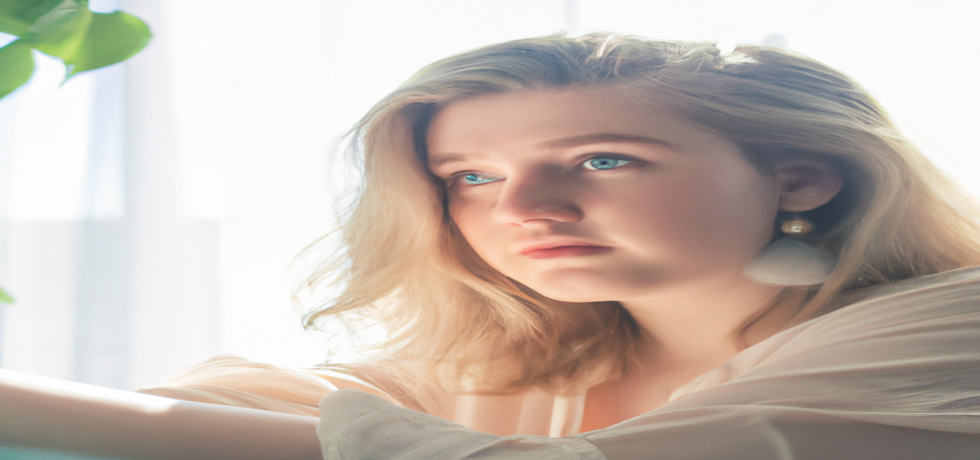
Alopecia Areata: Dermatologist’s Self-Care Guide
Understanding Alopecia Areata
Alopecia areata is a unique type of hair loss that can affect individuals of all ages. It often appears as round patches of hair loss on the scalp or other areas of the body. The emotional impact can be quite significant, affecting self-esteem and mental well-being. This guide provides essential self-care tips recommended by dermatologists, empowering those dealing with alopecia areata to manage their condition more effectively.
Seek Professional Advice
The first step in your self-care journey should be consulting a board-certified dermatologist. They specialize in diagnosing and treating hair loss conditions like alopecia areata, ensuring you get a proper analysis of your situation. Your dermatologist will not only confirm if you have this condition but can also provide personalized treatment options that aim to slow hair loss and assist in regrowth. Moreover, they can recommend the right skin and hair care products that are gentle enough for your sensitive skin.
Gentle Hair and Scalp Care
Gentle care for your hair and scalp is crucial when managing alopecia areata. Its advisable to use a soft-bristled brush and a wide-tooth comb to style your hair as they are less harsh compared to regular grooming tools. Avoid hair and skin care products that contain harsh chemicals, alcohols, or fragrances, as they may exacerbate your hair loss. Instead, opt for fragrance-free products that are kind to your scalp and help maintain its health.
Sun Protection Is Key
Protecting areas of hair loss from the sun is essential, regardless of your skin tone. Areas where hair is thinning or lost can suffer from sunburn more easily. Wearing a wide-brimmed hat or a wig while outdoors can shield your scalp. Alternatively, apply a sunscreen that provides at least SPF 30 and is water-resistant. Dont forget to pay special attention to areas without hair, reapplying every two hours, especially after sweating or swimming.
Emotional and Mental Support
Coping with alopecia areata can bring emotional challenges; hence, seeking emotional support is important. Join a support group or connect with communities like the National Alopecia Areata Foundation (NAAF) to share experiences and find encouragement. Implementing stress-management techniques like yoga or meditation can also create a positive atmosphere, enhancing your emotional resilience.
Ongoing Health Monitoring
Individuals with alopecia areata may have a higher risk of developing other health conditions such as thyroid disease or lupus. Regular check-ups with your primary care doctor can help detect any underlying conditions early. Your dermatologist can play a key role here, so if you dont have one, consider finding a dermatologist who specializes in hair loss.
Take Action Today
Alopecia areata is a manageable condition, and with the right self-care tips from dermatologists, you can navigate this journey with confidence. Prioritize gentle hair care, embrace sun protection, and seek both emotional and professional support. Remember, you are not alone in this journey.
For professional assistance and expert advice from leading dermatologists like Dr. Hital Patel, experience the benefits of “Alopecia Areata: Dermatologist’s Self-Care Guide” with Hair & Skin Specialist Dr. Hital Patel at The Skin Artistry. Our clinics in PDPU Gandhinagar, Vastrapur Ahmedabad and Hyderabad (Visiting Consultant) offer top-quality care and personalized treatments. Visit us today to learn more about our services and take advantage of our special offers! For more insights, updates, or to collaborate, stay connected with The Skin Artistry.

